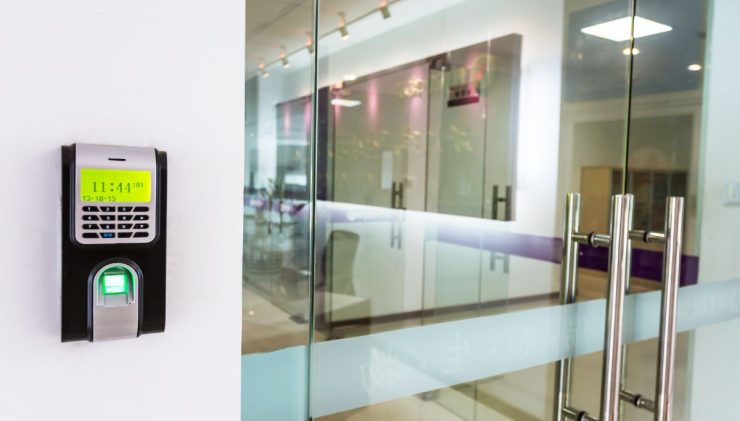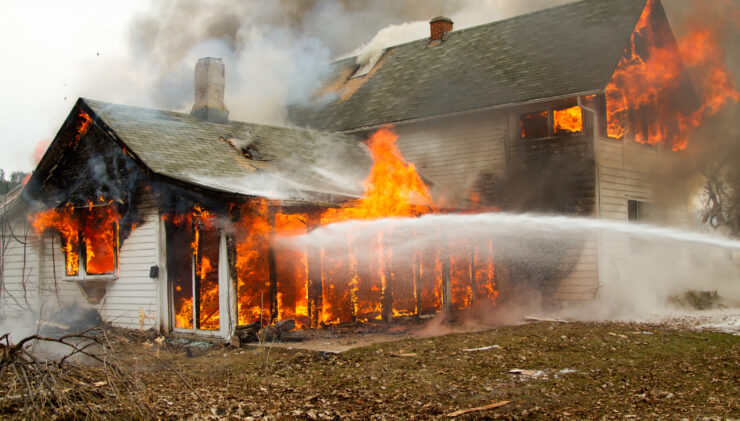 What to Do if a Customer Is Injured on Your Premises
What to Do if a Customer Is Injured on Your PremisesYour company is insured against fires and storms, but what about manmade disasters? Acts of terrorism can be just as disruptive and physically devastating as natural catastrophes. To protect against this risk, some businesses are purchasing terrorism insurance coverage.
The Business Impact of Terrorism
During and after a terrorist attack, businesses can experience major losses. A terrorist attack may:
- Destroy property, including buildings and the content inside.
- Trigger evacuations, forcing businesses to close while the authorities control the situation.
- Disrupt access to your business. Even if your premises are not damaged, damage to the surrounding areas could prevent workers and customers from entering your property.
A report on the economic impact of 9/11 from the New York City Partnership and Chamber of Commerce found that the attacks would likely cost New York City’s economy approximately $83 billion and 125,000 jobs. In the Lower Manhattan area, nearly 30% of the office space and around 100,000 jobs were lost.
Terrorism Insurance Coverage
Before the 9/11 terrorist attacks, standard commercial insurance policies typically included terrorism coverage. After the attacks, this changed. Facing major losses, insurers began introducing terrorism exclusions.
The Terrorism Risk Insurance Act (TRIA) was enacted to ensure businesses have access to terrorism coverage through the Terrorism Risk Insurance Program (TRIP). TRIA was signed into law in 2002 as a temporary rule. Since then, it has been renewed multiple times – in 2005, 2007, 2015, 2016, and 2019. TRIA will currently expire on December 31, 2027, unless it is renewed again.
According to the Insurance Information Institute, terrorism insurance covers property that has been damaged or destroyed. In addition to buildings, property includes equipment, inventory, and furnishings. Many policies also provide coverage for business interruption losses and liability claims against the business associated with terrorist attacks. Some policies include coverage for nuclear, biological, chemical, and radiological (NBCR) attacks, but some states allow insurers to exclude this coverage.
Coverage for Cyberterrorism
Cyberterrorism is a growing threat. According to the United States Institute of Peace, there is a risk that cyberterrorists could hack into government and private computer systems to damage the military, financial, and service sectors of a country.
There is no consistent definition for cyberterrorism. The lack of a clear definition – along with the difficulty in identifying the source and motivation of a cyberattack – can complicate coverage under terrorism insurance policies. Furthermore, the Secretary of the Treasury must certify an act before the losses can qualify for coverage under TRIP. The Insurance Information Institute warns that terrorism insurance is unlikely to cover cyberattacks and says businesses should purchase cyber insurance if they want this coverage.
TRIA Coverage Options
Insurers can offer terrorism coverage as either a standalone policy or an add-on to another policy. According to a 2022 report on the effectiveness of TRIP from the U.S. Department of Treasury, around 80% to 85% of insurers offer terrorism insurance as an add-on, whereas the remaining 15% to 20% offer terrorism coverage as a standalone policy. When terrorism coverage is an add-on, 70% of insurers charge an additional premium.
Who Is Purchasing Terrorism Coverage?
TRIA requires insurers to offer terrorism coverage to commercial policyholders, but it does not require commercial policyholders to buy coverage. However, many businesses are opting for coverage.
Since the program’s inception, the take-up rate has increased. The U.S. Department of Treasury says only 27% of businesses accepted TRIA coverage in 2003 (the first year of the program). By 2006, this figure had surged to 60%. In 2021, the take-up rate for all insurer categories was 75%.
The take-up rate varies somewhat by geographic region. It is:
- 79% in both the West and the Midwest.
- 73% in the South.
- 68% in the Northeast.
Greater variation occurs according to the industry. In 2021, the take-up rate based on TRIP-eligible direct earned premiums per industry was:
- Retail: 71%
- Wholesale Trade: 64%
- Manufacturing: 63%
- Healthcare and Social Assistance: 61%
- Construction: 58%
- Transportation and Warehousing: 57%
- Educational Services: 56%
- Accommodation and Food Services: 54%
Does Your Business Need Terrorism Insurance?
It can be hard to imagine a terrorist attack taking place in your community. If one does occur, the consequences can be devastating. Just as many businesses find it prudent to insure against the risk of natural disasters, many also seek insurance against acts of terrorism. Heffernan Insurance Brokers can help you secure terrorism insurance. Learn more.



